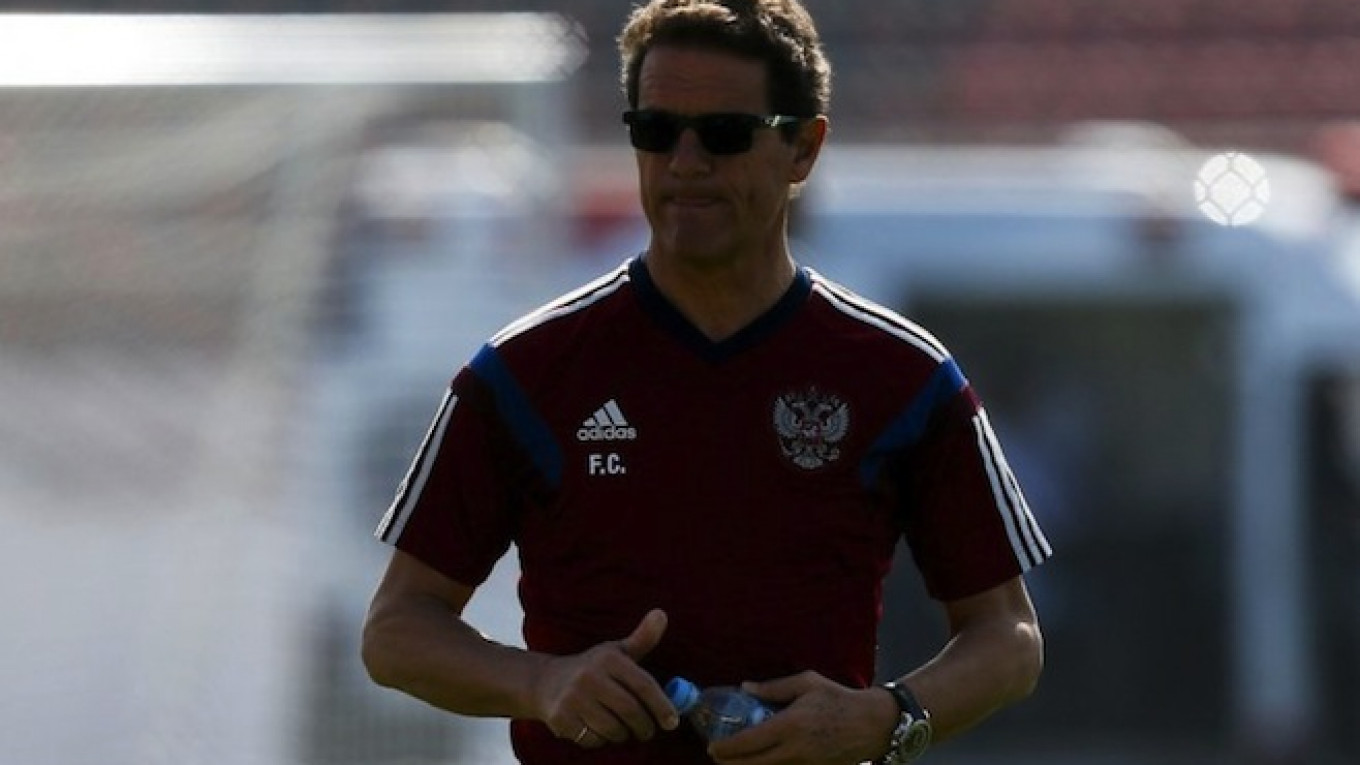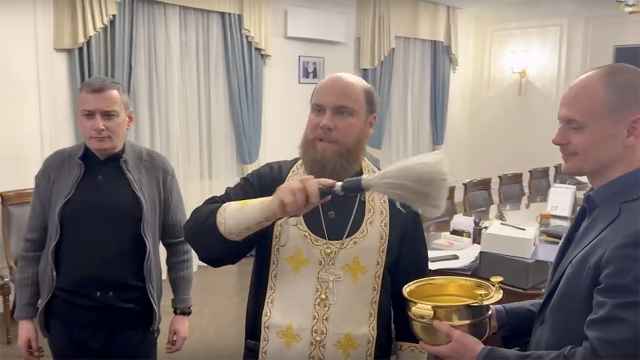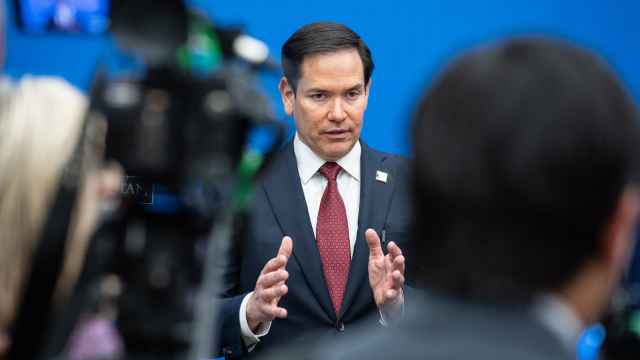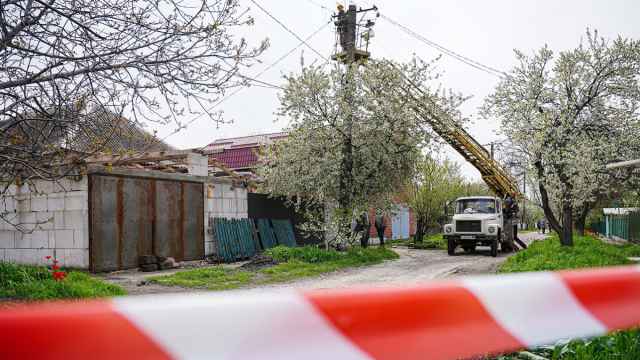The Russian Football Union admitted Wednesday that it lacks the funds to pay the national team's head coach Fabio Capello, who has not gotten his salary since the squad crashed out of this year's World Cup without a win.
The country's football authority has grappled with financial issues in recent months. According to the Interfax news agency, the union has failed to pay 22 members of the national team's coaching staff for at least two months, including assistant coach Christian Panucci and fitness trainer Massimo Neri, who refused to accompany the team to Austria for a Euro 2016 qualifier match scheduled for Saturday. Complaints about unpaid wages led Russia's labor inspectorate to open an inquiry in October, Interfax reported.
"The Russian Football Union just does not have the money to pay Capello his salary," Sergei Stepashin, a former Russian prime minister who now sits on the football union's executive committee, told Interfax on Wednesday. "It's never good when the salary of the Russian national team coach is not being paid. But when the contract was signed, funding sources should have been kept in mind. Now we need to find these sources."
Capello — who was reportedly the best-paid coach at the 2014 World Cup with annual earnings of more than $11 million, according to Forbes — came under fire after his squad crashed out of the tournament at the group stage. Some Russian lawmakers suggested at the time that Capello should be fired or take a pay cut for his team's subpar performance.
In recent months, Capello's clan has insisted that the issues regarding his contract should be resolved in a "friendly" manner. The 68-year-old Italian coach finally expressed frustration earlier this month, saying he was reaching his limit in terms of providing free training, according to Interfax.
Under Russian law, employers can face criminal charges for withholding an employee's salary for more than two months.
Capello, who joined the Russian squad in July 2012, is under contract with the union until the end of the 2018 World Cup, which Russia will host in 11 cities, including Moscow, St. Petersburg and Sochi.
Contact the author at g.tetraultfarber@imedia.ru
A Message from The Moscow Times:
Dear readers,
We are facing unprecedented challenges. Russia's Prosecutor General's Office has designated The Moscow Times as an "undesirable" organization, criminalizing our work and putting our staff at risk of prosecution. This follows our earlier unjust labeling as a "foreign agent."
These actions are direct attempts to silence independent journalism in Russia. The authorities claim our work "discredits the decisions of the Russian leadership." We see things differently: we strive to provide accurate, unbiased reporting on Russia.
We, the journalists of The Moscow Times, refuse to be silenced. But to continue our work, we need your help.
Your support, no matter how small, makes a world of difference. If you can, please support us monthly starting from just $2. It's quick to set up, and every contribution makes a significant impact.
By supporting The Moscow Times, you're defending open, independent journalism in the face of repression. Thank you for standing with us.
Remind me later.






